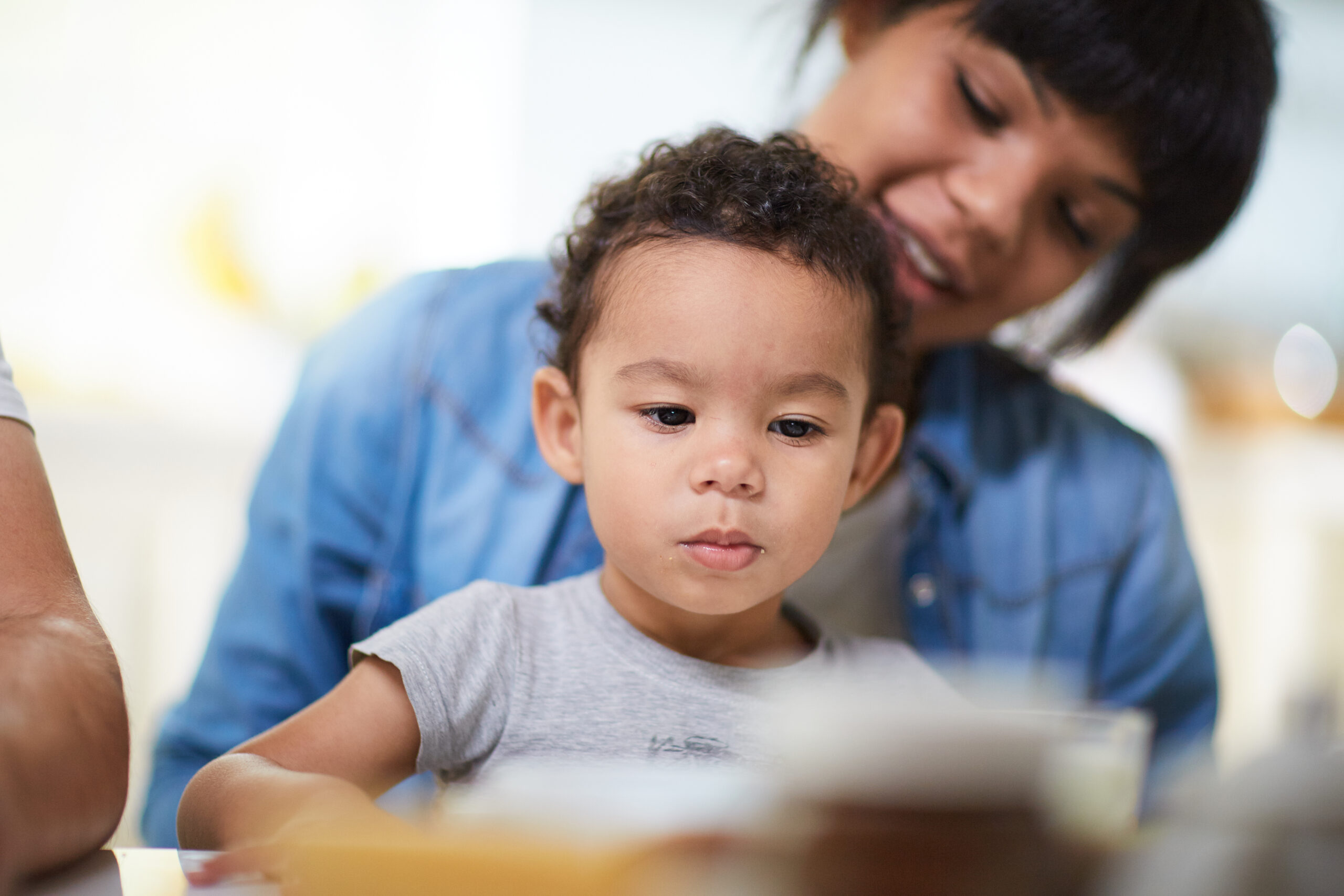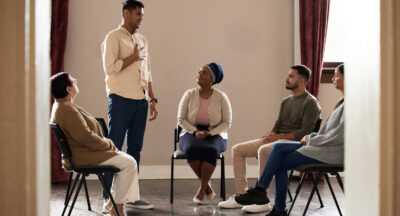
Attention to child and youth care to eliminate poverty
In recent years, international initiatives have emerged to promote and improve individual, family, and community well-being. One of the initiatives led by the United Nations (UN) is the creation of the Sustainable Development Goals (SDGs) adopted in 2015 to combine systemic strategies between and within countries to eliminate poverty and social inequalities, protect natural resources, and achieve a sustainable world by 2030. SDGs comprise 17 goals with 169 interdependent indicators that seek to leave no one behind. This pact between countries constitutes a series of actions to achieve a desired transformation.
As part of the UN universal call, Puerto Rico has initiated different strategies to analyze what we have and lack in terms of policies and services to achieve the SDGs. The 2023 Puerto Rico Voluntary Local Report presented by the Puerto Rico Community Foundation encompasses one of these efforts. Some of the problems highlighted in the report and made visible in various studies are issues that affect human well-being, such as poverty, increased social inequalities, lack of access and availability to comprehensive health services, and the worsening of high-quality education both at the primary and higher levels, among others. All these issues are interrelated with the SDGs.
Specifically, we must emphasize the SDGs’ first goal: ending poverty. Puerto Rico lags, with 43% of the general population living below the poverty line, according to data from the Youth Development Institute (2023). It takes us even further away from meeting this objective, the fact that 55% of the child and youth population lives below the poverty line. Impoverishment has adverse implications for the positive development of the child and youth population and their families and affects human rights. Structural factors that perpetuate poverty (the following is not exhaustive) are related to poorer health outcomes, limited access to adequate housing, a non-nutritious diet, problems with academic achievement, and even barriers to obtaining paid work fair enough to achieve a sustainable livelihood for oneself and the family.
It is urgent to take action addressing the impoverishment factors that increase vulnerability among children, youth, and their families, which are generally women-led. Following the first SDG goal, it is urgent to implement policies and programs in Puerto Rico that support child and adolescent care, backing up mothers in the parenting process and their economic development. According to the International Labor Organization (ILO), social responsibilities related to family care disproportionately affect women and, in turn, harm their participation in the labor market. Regarding this, the Study of the Needs of Working Women (2022) prepared by the Institute of Statistics of Puerto Rico reports that 47% of women need child care for their children, dependents, or family members, emphasizing that 63% require it for their school-age children and 37% for preschool-age children. These data confirm the need to understand and pay attention to the challenges women face to support the socio-economic development of families.
We are in a good moment to review and critically analyze the SDGs and explore how we can contribute from our place of action. Multi-level actions by the state, the nonprofit sector, and citizens are essential to achieving a country that guarantees social justice, equality, and peace. Let us remember that social transformations are also achieved from the bottom up.
Originally published by El Nuevo Día.
Related Posts
Culture of support needed for social workers
The discussion around how to break stigmas and support the well-being of an...
Mental health professionals urge a comprehensive look at the needs of children and youth in Puerto Rico
(Mayagüez, PR) - Adopting a broad human rights perspective on the development...
Dialogue to create joint efforts against juvenile delinquency
The “Puerto Rico Minors Act” (Act 88-1986) was recently reformed. In this...
Functional family therapy for young people in legal trouble
We live in a historic moment for our children and youth, with public policies to...




